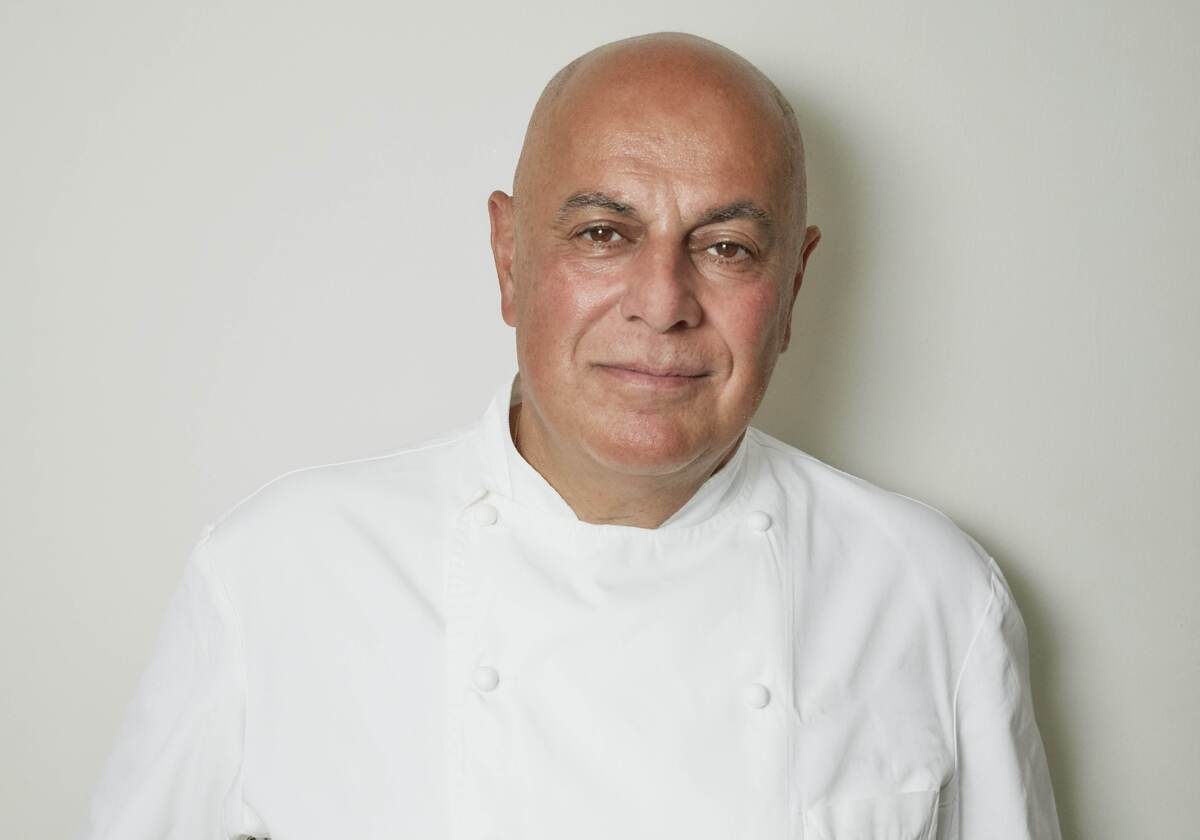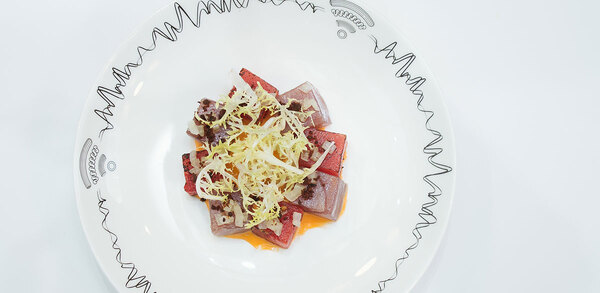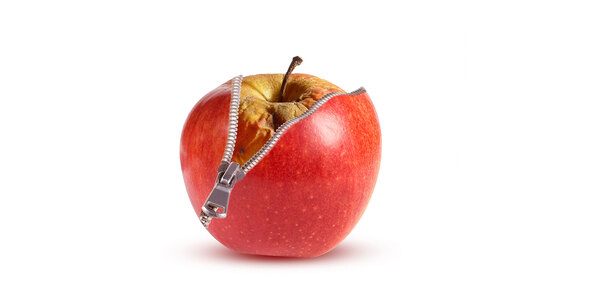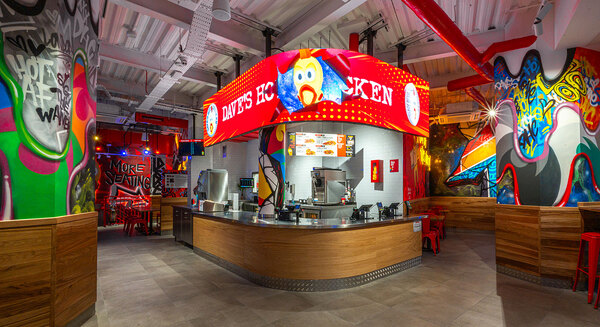Viewpoint: how hoteliers can survive and thrive
Now is the time to throw off the restrictions of the past two years and concentrate on what we do best – being hoteliers, says Giles Fuchs
In its UK Hotels Forecast for 2021-2022, professional services firm PwC predicted that revenue per available room in London could return to 86% of pre-pandemic levels by the end of this year. And some hotels in the regions could (say it quietly) return to 100%.
But Covid has cast a long shadow and the end of the year can seem like a long way off for businesses that have already had so many setbacks to overcome. So how can hotels navigate 2022?
There are several steps hoteliers can take to survive and thrive, but their foremost considerations should be maintaining their awareness of guests’ needs and looking at the sector’s most urgent issues with a strategic, long-term view.
Prepare for challenges old and new
Ever-increasing oil and gas prices are creating concerns about energy costs for businesses and consumers alike this winter, while the phased changes in the rate of VAT have also affected hospitality firms. Hoteliers must unfortunately account for the impact of cost increases that may be beyond their control, at the same time as focusing on solutions to the issues they do have the power to resolve.
Labour shortages have blighted the sector throughout the past couple of years and have led to an above-inflation increase in wages that is likely to affect businesses this year. However, raising wages will only go so far in the fight to attract staff – employees will only stick around if they feel they have a career in hospitality.
Luckily, employers can provide precisely that. Supporting early-career workers to develop the skills they need to progress, providing continuing professional development opportunities for staff, and investing in formal training programmes that improve the esteem of the profession will all help keep recruits engaged. These measures should be built into businesses’ long-term plans so that staff can see they really are a priority.
Understand your audience
Knowing your guests is paramount before they even walk through the foyer. Indeed, few consumers will be drawn to a business that does not intimately understand their needs. As Omicron is tamed and international travel gathers momentum, UK hotels again face competition from overseas hotels. Marketing your hotel effectively to your core audience is vital for filling rooms.
And once you know the ingredients of your guest profile, you will be able to craft the recipe. At Burgh Island, for instance, we share our guests’ growing appetite for sustainable cuisine, and therefore ensure that 80% of our products are sourced from within a 30-mile radius of the hotel. Special features such as this will help hotels stand out amid stiff competition.
Invest in the future
Developing an agile strategy and buttressing relationships with guests will be the twin pillars of hospitality businesses’ recovery in 2022. Indeed, they have always been fundamental tenets, but after the tumult that the sector has experienced, wouldn’t we all breathe a sigh of relief if the industry finally began to resemble its old self in 2022?
Giles Fuchs is the owner of Burgh Island hotel, Bigbury-on-Sea, South Devon




















